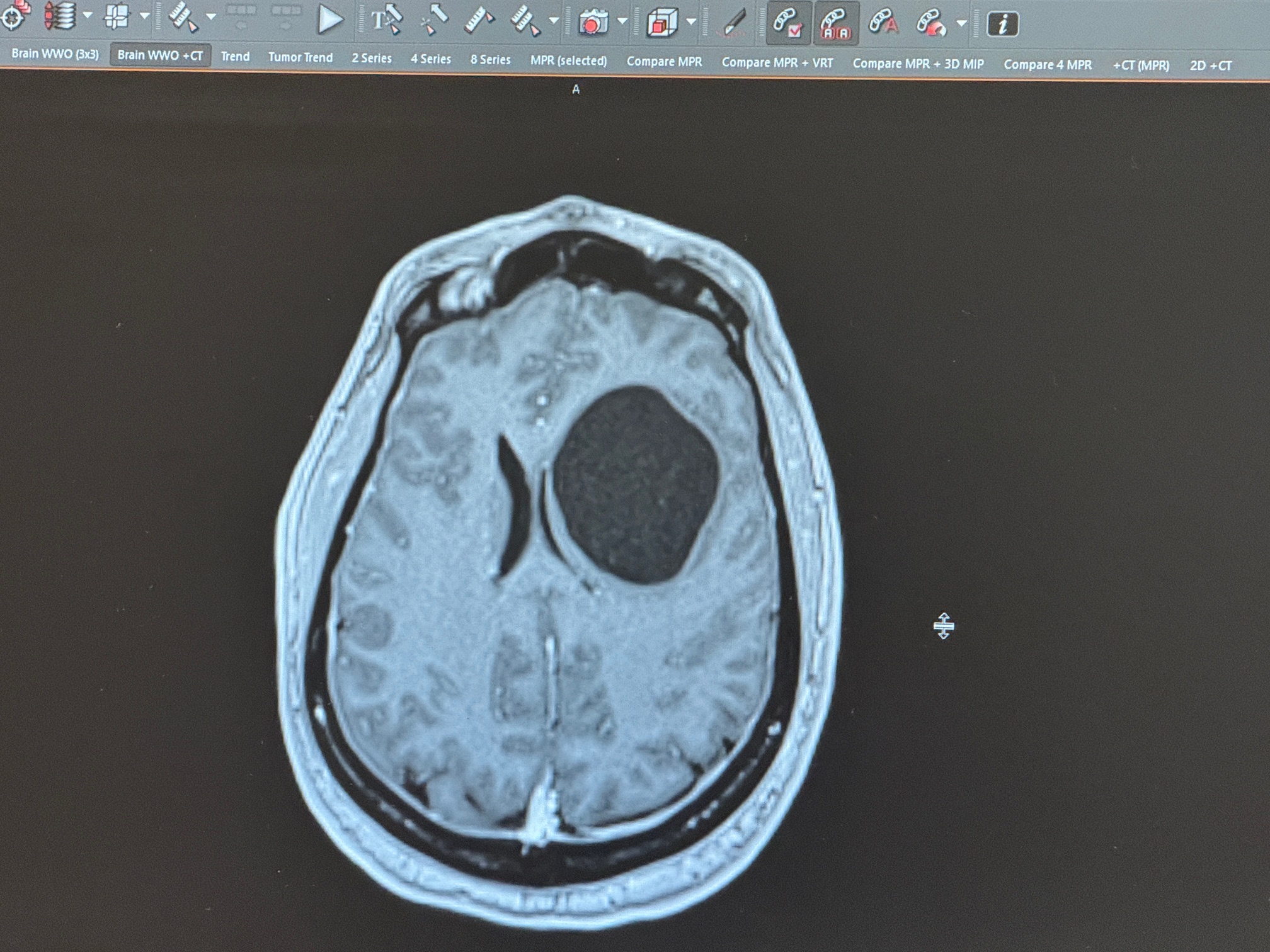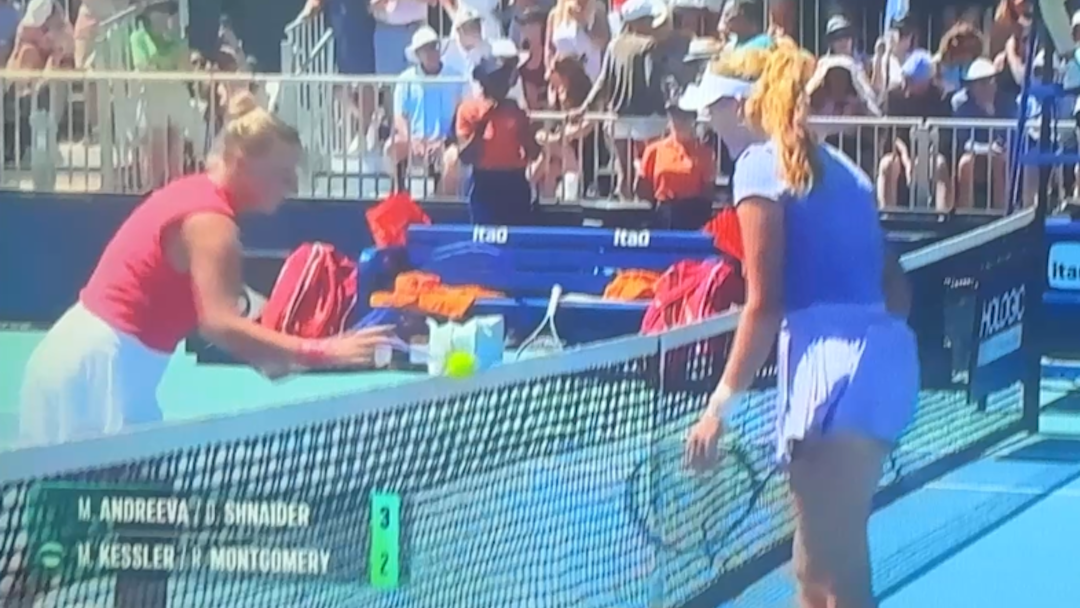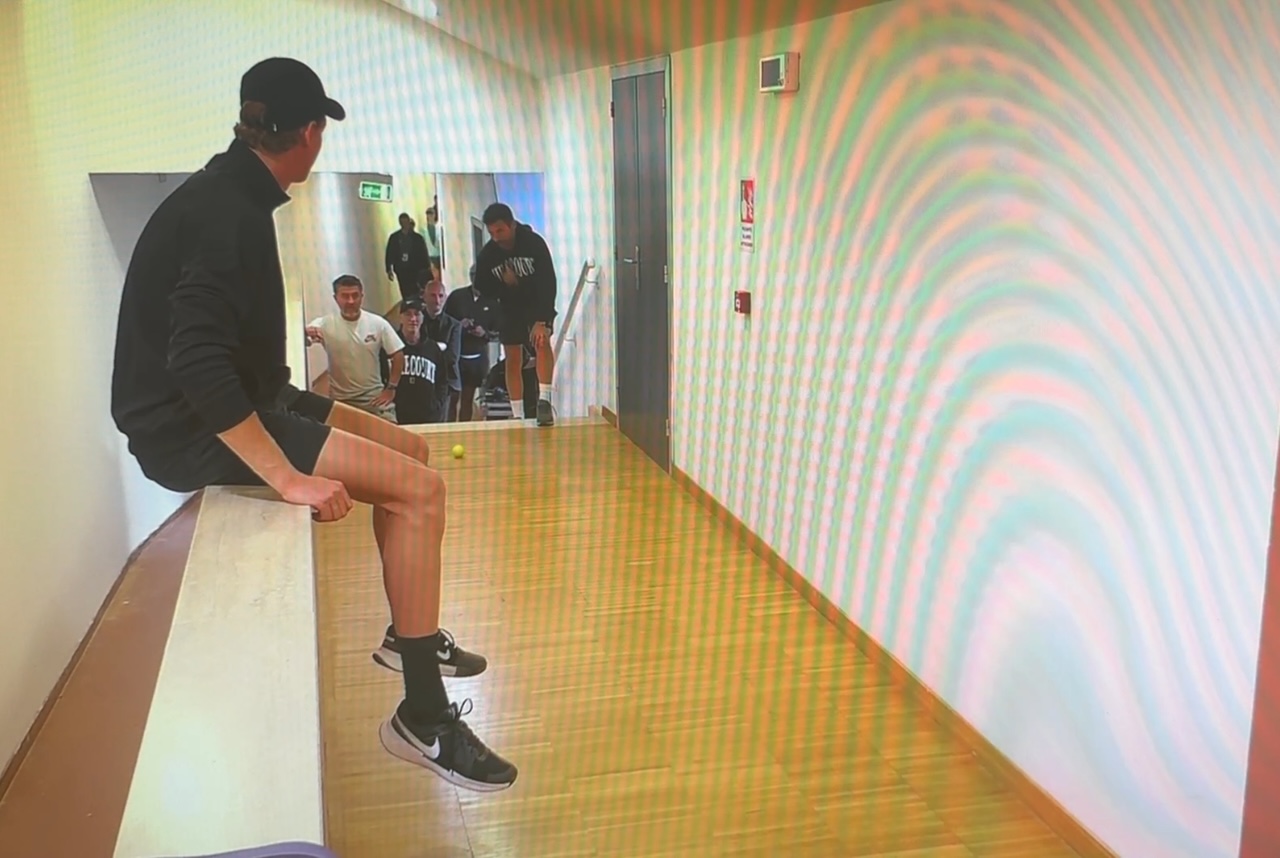In the first two posts of this series, I explored the concept of building a team to support your tennis journey. So far, we have covered the importance of teams and high-quality coaching to propel your growth. Tennis may appear to be an individual sport, but anyone serious about improvement needs the power of a strong support system. Professional players travel with full teams that include more than coaches. Hitting partners, personal fitness trainers, physiotherapists, and mental health experts can also be key for peak performance. Recreational players should consider adding similar people or resources to emulate those roles when building their own teams.
For example, regular hitting partners can provide feedback and shared accountability. Practice partners don’t have to be coaches to observe patterns or call out things you may miss about your own game. In many ways, a reliable hitting partner can be an invaluable teammate. They can help keep you motivated or just offer a fresh viewpoint. Each player brings unique insights, and the combination of those perspectives can add an extra layer to your tennis development.
Fitness coaches and physical therapists can also be part of your extended tennis team. Injury prevention, flexibility, strength, and conditioning are crucial to sustaining performance, particularly as we grow older or play at higher levels. A physical therapist can identify movement patterns or imbalances that may lead to injuries, while a fitness coach can develop conditioning routines that enhance endurance and prevent fatigue from impacting play. Even an occasional session with a fitness professional can have lasting effects on your overall performance and well-being.
Another invaluable team member is a mental coach or sports psychologist. While professional players often speak openly about the psychological demands of tennis, recreational players may not fully recognize the difference mental training can make for their performance. Managing nerves, maintaining focus under pressure, and bouncing back from mistakes can be honed with the right guidance. Mental coaching can be transformative for players aiming to push past plateaus, deal with competitive stress, and help develop a psychological edge beyond technique.
Technology broadens the range of resources available to recreational players. Today’s apps and tools are bridging gaps, enabling insights that would have been impossible even a decade ago. Meditation apps such as Calm or Aura can enhance mental fitness. Monitoring health data through smartwatches and fitness trackers can provide insight into physiological performance.
To optimize your tennis journey, you should ask yourself if you have an effective team supporting your goals. The combination of the right people and tools can make all the difference. Whether it’s people or technology, the resources on your team can contribute something valuable to your overall development. If you’re serious about tennis improvement, building the right team might be the missing piece that takes you to the next level.
Throughout 2024, I am publishing a series of essays imaging how to apply the principles in ‘Designing Your Life: How to Build a Well-Lived, Joyful Life‘ (<- sponsored link), which is a non-tennis book that I have come to believe that everyone should read.
A chronological summary of all posts on this topic is available on the Designing Your Tennis Life summary page.




